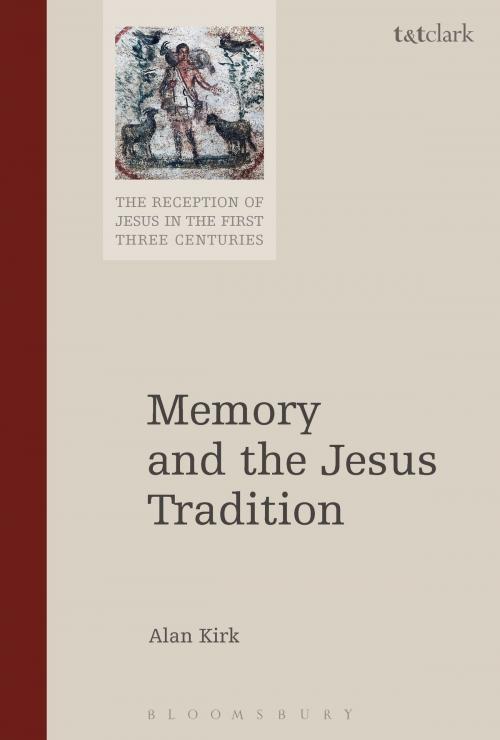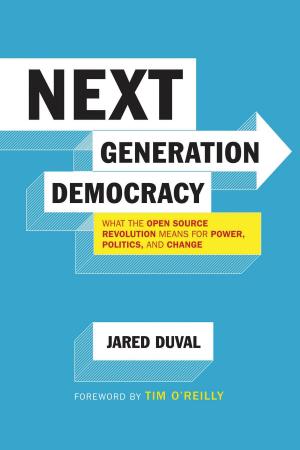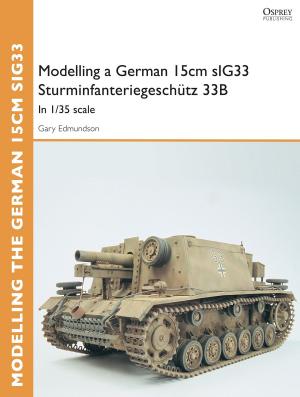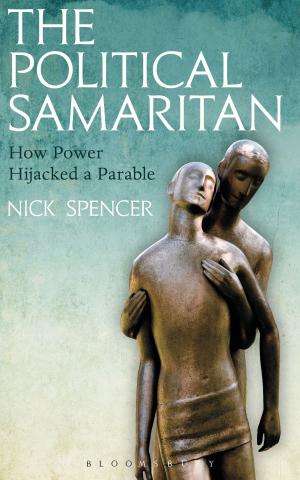Memory and the Jesus Tradition
Nonfiction, Religion & Spirituality, Bible & Bible Studies, New Testament, Study| Author: | Alan Kirk | ISBN: | 9780567680242 |
| Publisher: | Bloomsbury Publishing | Publication: | February 22, 2018 |
| Imprint: | T&T Clark | Language: | English |
| Author: | Alan Kirk |
| ISBN: | 9780567680242 |
| Publisher: | Bloomsbury Publishing |
| Publication: | February 22, 2018 |
| Imprint: | T&T Clark |
| Language: | English |
Alan Kirk argues that memory theory, in its social, cultural, and cognitive dimensions, is able to provide a comprehensive account of the origins and history of the Jesus tradition, one capable of displacing the moribund form-critical model. He shows that memory research gives new leverage on a range of classic problems in gospels, historical Jesus, and Christian origins scholarship.
This volume brings together 12 essays published between 2001 and 2016, newly revised for this edition and organized under the rubrics of: 'Memory and the Formation of the Jesus Tradition'; 'Memory and Manuscript'; 'Memory and Historical Jesus Research'; and 'Memory in 2nd Century Gospel Writing'. The introductory essay, written for this volume, argues that the old form critical model, in marginalizing memory, abandoned the one factor actually capable of accounting for the origins of the gospel tradition, its manifestation in oral and written media, and its historical trajectory.
Alan Kirk argues that memory theory, in its social, cultural, and cognitive dimensions, is able to provide a comprehensive account of the origins and history of the Jesus tradition, one capable of displacing the moribund form-critical model. He shows that memory research gives new leverage on a range of classic problems in gospels, historical Jesus, and Christian origins scholarship.
This volume brings together 12 essays published between 2001 and 2016, newly revised for this edition and organized under the rubrics of: 'Memory and the Formation of the Jesus Tradition'; 'Memory and Manuscript'; 'Memory and Historical Jesus Research'; and 'Memory in 2nd Century Gospel Writing'. The introductory essay, written for this volume, argues that the old form critical model, in marginalizing memory, abandoned the one factor actually capable of accounting for the origins of the gospel tradition, its manifestation in oral and written media, and its historical trajectory.















